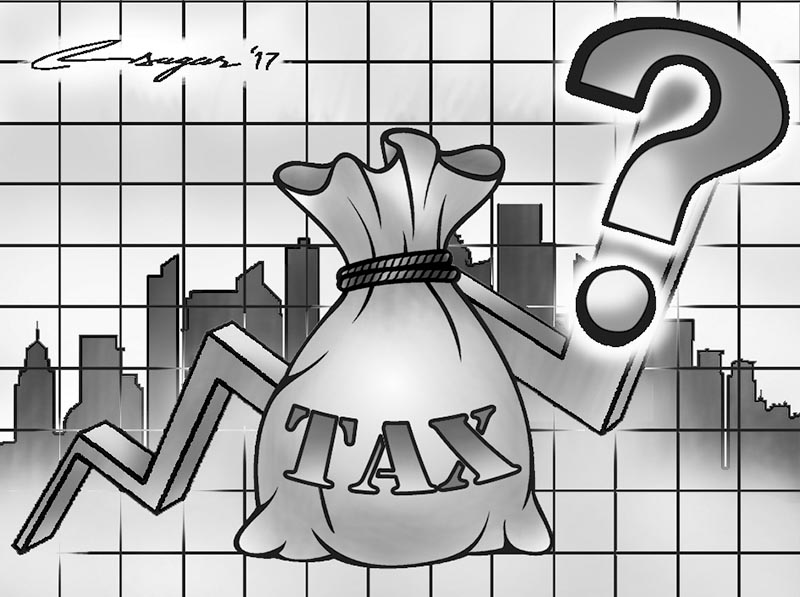Government panel begins study on tax dispute
Kathmandu, August 30
A study panel formed by the Cabinet comprising three secretaries of the government — Secretary of the Ministry of Federal Affairs and General Administration Dinesh Kumar Thapaliya, Revenue Secretary from the Ministry of Finance Shishir Kumar Dhungana and Secretary of the National Natural Resources and Fiscal Commission Baikuntha Aryal — to submit a report on the tax dispute has begun its work.
The panel has said that it will prepare the report after holding consultations with locals, private sector, government officials and elected representatives at the local and provincial levels.
According to Revenue Secretary Dhungana, the committee will submit its report by mid-September. The Cabinet has asked the panel to submit its report with recommendations to end the tax dispute.
The government has been highly criticised recently for enforcing similar taxes at the different layers of governance and the provincial and local governments, reportedly, have been collecting taxes that are beyond their jurisdiction. Though the constitution prevents double taxation for the same economic activities at different layers of government, the lower layers of administration, mainly local level governments have overtaxed the taxpayers overlooking their tax capacity.
Dhungana, however, said that the initial study has shown that double taxation is not a major issue but what is worrying is that the local level governments have raised the tax rates and the service charges for public services without taking into consideration the tax-paying capacity of the people.
“In some cases, local and provincial governments were found collecting taxes in transport of consumable goods from one municipality to another and one province to another against the spirit of the constitution and prevailing laws,” said Dhungana.
He further stated that there has been confusion among the lower levels of government regarding collection of taxes that are in the common jurisdiction, like vehicles tax and entertainment tax, which should not be collected in both layers. Taxes mentioned in the common jurisdiction should be collected at one point and shared.
“If we start collecting the same tax at multiple layers, it will create confusion among taxpayers and the cost of tax collection will be high,” said Dhungana, adding that such taxes need to be collected from one window and shared with those that have the right to those taxes.
He also underscored that there is a need to carry out tax awareness interactions with the lower layers of administration in an intensive manner because the issues that have come up are due to lack of proper understanding of tax jurisdiction and revenue-sharing modality.
“For example, the federal level government shares 30 per cent of the total value added tax and domestic excise, which is divided equally with the provinces and local bodies, but due to lack of proper understanding on revenue-sharing, the local units and provinces have been slapping sales tax and goods transportation tax, among others,” he said.






